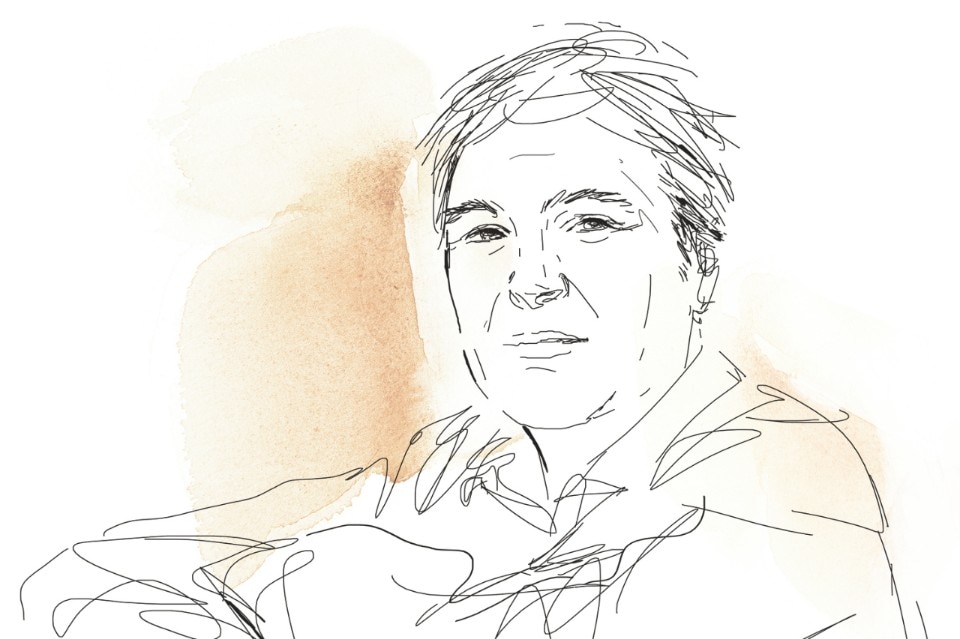“Even a luxury yachtis a high-impact social project. Because it engages and employs a series of skills that pertain to all of society and specially the community”. Always challenging clichés, Marco Morganti, a classical philologist with a passion for politics, was recruited by Corrado Passera in the adventure of Poste Italiane and, subsequently, Intesa, to create Banca Prossima: Italy’s most important financial institution dedicated to the non-profit sector and social-impact capital. Last spring, Carlo Messina, Intesa’s managing director, took over Banca Prossima, like a model for Italy’s most important bank.
More than a sign, it’s a precise direction.
Indeed. And, in addition to the name, Prossima, four other significant points remain in this transition: specialisation, staff selection criteria, assessment models and the Solidarity Fund.
If banks approach your model, then for-profits become non-profits?
The differences between for-profits and non-profits exist and will continue. We are a bank that wants to play a key part in transitioning towards a more responsible economy. This is our mission.
Some concrete examples?
Financing specific projects concerning for-profit organisations developed to maximise their social, rather than economic, impact. This is really important right now with Coronavirus, for example.
How do you see Italy in this surreal end of winter?
It’s useless to say that things have gotten more complex. But I won’t stop working until I see our country as a place where we need to reconsider relations, and there are enormous opportunities for that.
After the virus, we have to take advantage of all opportunities, but how? Betting on beauty? On the land? On history?
I don’t agree. Not even Italy’s immense beauty can compensate for those who’ve been excluded. Especially if they haven’t been given the cultural tools to benefit. At times, we’re a little too simplistic when it comes to this.
Let’s try being different then.
Let’s live now. Life during the coronavirus crisis shows that digitalisation offers a great opportunity. Big data makes a difference provided it is subject to criteria of personal respect, because the Internet is like a common good, not a place to create monopolies or planetary inequalities. Hours spent on the Internet can be a cost or even a waste, or, just the opposite, an investment with an impact, if those who benefit financially work with a mind frame in which real accessibility to the Internet is key: information symmetry, increased skills, opportunities for all. And if we fool ourselves into thinking it’ll all happen on its own, then we’re welcoming the biggest market failure in history.
If you were the social architect asked to rebuild the country, what would the priorities be?
There’s always talk of education, infrastructure, the legal system, digital gaps. All true, but these aren’t the only priorities. For me, there’s a forgotten one that’s just as important: the relationship between the for-profit economy, social economy and public initiatives. In a country where, what is more, the conditions are excellent: many ventures, lots of awareness in the non-profit sector, many private savings and, at least for some sectors, the expectation and demand for universalist and efficient welfare. Creating value and employment and including important political issues.
What will happen in the near future?
The public will cut back on its presence and the private sector will have to manage the gaps that are created, from a sustainable perspective that protects rights, like the imbalance of services between the North and the South, where unfortunately there are more non-profits in the North with respect to the South. Skills must be redistributed to afeguard rights.
Will banks play this part?
Banks are civic institutions. So, with a civic duty, like all citizens. Inclusion in credit, that is, reaching the greatest number of people who need money to realise their dreams.
At the same time we need to include private concepts into the public sphere, like efficiency, productivity, merit, as well as public notions into the private realm: so companies, too – all businesses – can become agents of inclusion and mutualism.
A great programme. Nothing is easy, but nothing is impossible. Also because not all things come down to money. Think about it: helping a child with education is a public, not a private, idea. Because studying creates the fullness of a person, like feelings, respect, love, and it changes everyone’s life. That’s why you give your girlfriend flowers and not the money you would spend to buy those flowers, because not all things boil down to a financial transaction. Life simply refuses to be that way.
Marco Morganti (Macerata, 1959) graduated in Renaissance Philology in Florence in 1983. In 2003 he began developing capital-access projects for Banca Intesa. In 2007 he founded Banca Prossima, of which he is AD and since 2011 also managing director.


